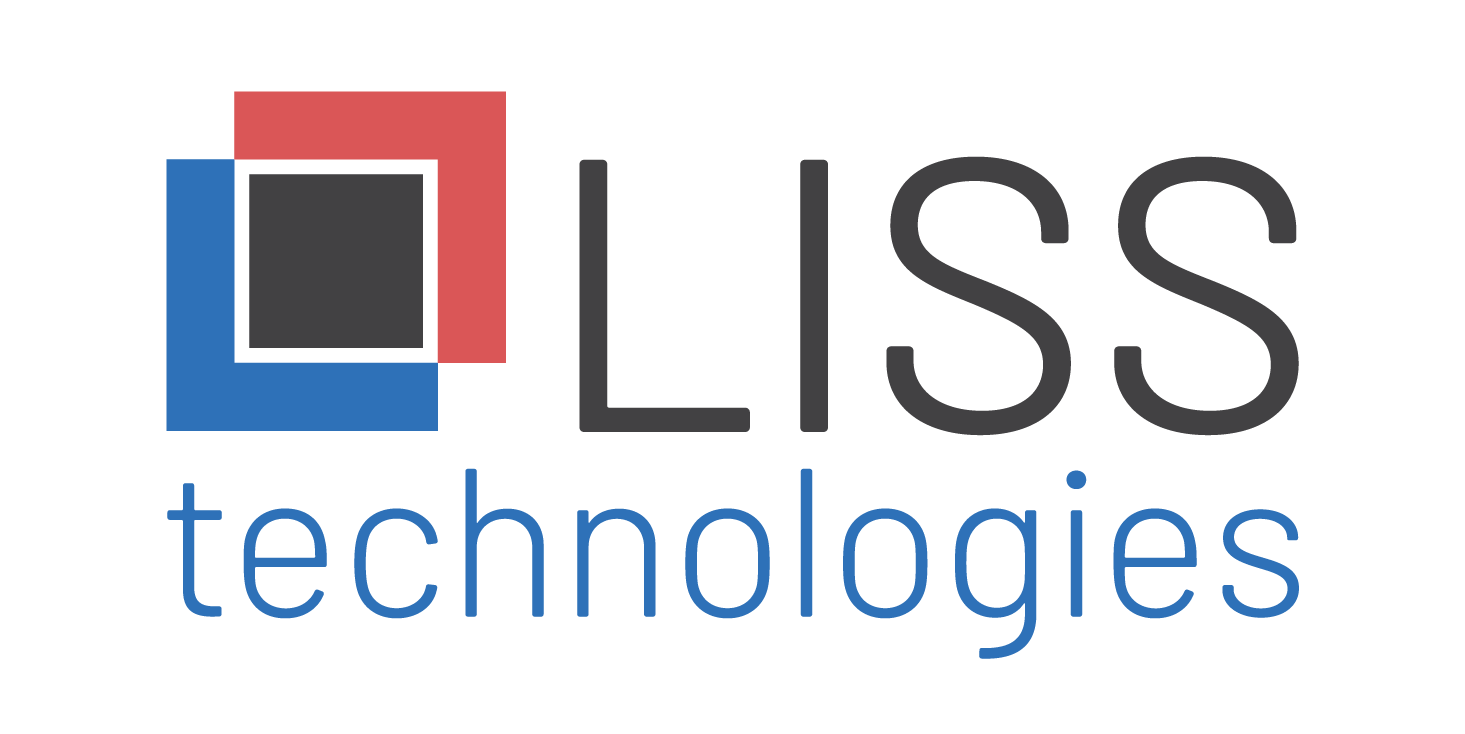
From enabling efficient collaboration and remote work to securely storing data as part of a disaster recovery plan, cloud computing and storage have secured a permanent place in our commercial and industrial processes.
The shift toward remote work that occurred due to the COVID-19 pandemic had a dramatic effect on the demand for cloud services. To continue operating, businesses were and still are leveraging every way possible to make remote work a success. Working with the right cloud partners was instrumental to achieving this goal.
However, cloud computing did not rise to its dominant position as an essential IT tool because of the pandemic. COVID-19 merely accelerated the trend toward cloud adoption. Organizations need to understand what the cloud actually is and which model best suits their operation.
Types of Cloud
One of the key attributes of cloud computing is its flexibility. Cloud services can be customized to almost any organization’s unique needs. Whether the emphasis is on rapid, intuitive collaboration and shareability or on robust backup and disaster recovery, there is a cloud solution that fits your needs.
Another advantage is that cloud services are rapidly scalable. So, instead of needing to purchase new hardware, only for it to become out of date in a few years, an organization can utilize cloud servers to host their data and processes, expanding or reducing usage as needed.
There are three primary modes of cloud computing, each with its own advantages and disadvantages. These solutions include public, private, and hybrid models.
Public Cloud
Offered by large vendors, like Amazon Web Services, Microsoft Azure, and Oracle, among many others, public cloud hosting, applications, and storage are designed for relatively rapid deployment and out of the box usability. Each of these providers offers a suite of proprietary applications and tools that may be desirable depending on an organization’s needs.
Though public clouds are hosting data and services for a number of organizations, only authorized users have access to an organization’s particular system. Choosing among providers and then configuring and integrating services is where LISS Technologies comes in.
Private Cloud
Private clouds enable the sharing of resources but, unlike public clouds, are contained within a single organization. The advantage is that organizations have total control over their cloud environment. The options for customization are significantly greater than with public clouds, especially if needs are highly specialized.
The drawback is that larger cloud providers may offer proprietary tools that are already built out. So, in the absence of specialized need, a private cloud may actually be a more expensive route to take.
Hybrid Cloud
By spreading IT functions across a range of public and private clouds, organizations are able to leverage the best of both worlds. For example, if an organization needs to manage confidential customer data, a private cloud could be used to ensure security, while a public cloud is used for other functions.
LISS Technologies can help integrate these two models into one cohesive platform. By creating a custom environment that leverages public scalability with private security, our clients can thrive in a modern operating environment.

About Us
At LISS Technologies, we develop advanced IT solutions that allow your organization to adapt to change, manage growth, and reach your business goals.
Services
Contact Us
PENN 1
250 West 34th Street, Suite 326
New York, NY 10119
15 Bryant Avenue, Suite 100
Roslyn, NY 11576


